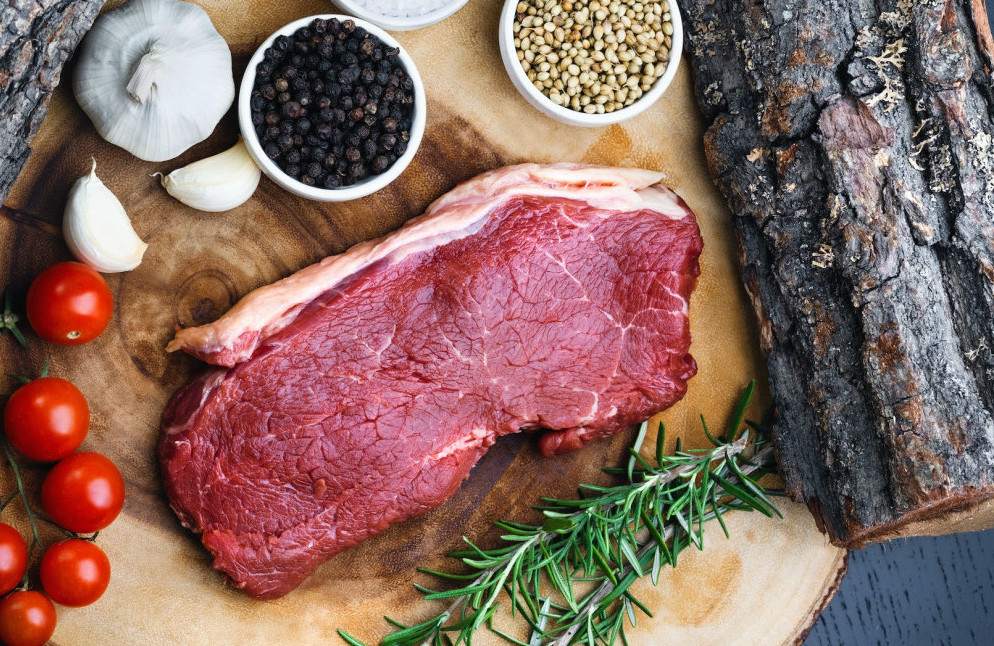What is inflammation in the body? Causes and Prevention
What if I told you that a lot of our discomfort and how we feel on a day to day basis is highly based on the amount of inflammation in our bodies? To be honest, I don’t think we truly understand how much inflammation we have in our bodies that we create and is preventable. Let’s take a look at what inflammation is, what causes it, and what can be done to minimize or prevent inflammation.

Inflammation is a natural response of the body’s immune system to an injury, infection, or other foreign substance. When the body detects damage, it triggers an inflammatory response, which involves the production and release of pro-inflammatory molecules such as cytokines and chemokines. These molecules trigger an inflammatory cascade, causing the body to respond with swelling, redness, heat, and pain in the affected area. This response helps protect the body by allowing immune cells to reach the area and start the healing process. Chronic inflammation, however, is linked to a wide range of diseases and can cause significant damage to the body.
So what exactly causes inflammation? The biggest culprits in my opinion is our nutrition, or lack thereof. Carbohydrates and refined vegetable oils are widely used in damn near every packaged product we can find at the grocery store. Both carbohydrates (specifically refined sugars) and refined vegetable oils are both proven to cause inflammation.

The consumption of carbohydrates has been linked to inflammation in the body. The primary way that carbohydrates can cause inflammation is through the release of pro-inflammatory cytokines. These cytokines are released in response to the breakdown of complex carbohydrates into glucose (sugar) which can cause an increase in oxidative stress and inflammation in the body. Additionally, refined carbohydrates and added sugars can also increase inflammation in the body by increasing blood sugar levels and promoting the release of pro-inflammatory cytokines. The production of advanced glycation end products (AGEs) may also contribute to inflammation in the body. AGEs are produced in the body when glucose binds to proteins, lipids, and nucleic acids, and this process can lead to the production of pro-inflammatory molecules.
Processed vegetable oils contain Omega-6 fatty acids which are pro-inflammatory. When consumed, these fatty acids can increase levels of pro-inflammatory cytokines in the body, leading to oxidative stress and inflammation. Additionally, these oils are often heated during processing, which can increase the levels of advanced glycation end products (AGEs). The AGE process can lead to the production of pro-inflammatory molecules. Additionally, artificial trans fats are often created by adding hydrogen to liquid vegetable oils [1], and these trans fats can further increase inflammation in the body.

Next time you’re at the grocery store I want you to look at the ingredients of every pre packaged food item and I guarantee you will either see some type of vegetable oil (canola, corn, soybean, grapeseed, rapseed, etc) and/or refined carbohydrates (enriched wheat flour, fructose, high fructose corn syrup, etc).
So how do we prevent or lower our inflammation? I believe the answer are a low-carb, ketogenic, carnivore type diets. Here’s why:
Both the ketogenic and carnivore diets are based on the principles of reducing carbohydrate intake while increasing the intake of healthy fats, which can have a positive effect on inflammation in the body. By limiting carbohydrates, the body is encouraged to use fat as its main energy source instead of glucose, which helps keep levels of inflammatory molecules in the body at lower levels. Additionally, both diets also focus on eating nutrient-dense, anti-inflammatory foods, such as fatty meats, which can help to further reduce inflammation. Eating a balanced diet full of these anti-inflammatory foods can help the body to fight off infection and reduce inflammation.

This pain and inflammation that we deal with is controllable by what we eat and how we take care of ourselves. Everyone has pain, but instead of trying to mask it with NSAIDs (non steroidal anti inflammatory drugs), why not try to see what the root cause of the pain is. That’s how we should think for not only physical pain, but for emotional issues as well. Let’s leave that for another blog.
So, since we are dealing with inflammation, try switching our diet and what we eat. That will have a more lasting effect than any OTC meds can.
Heres a link to a blog I did on the 5 Benefits of Carnivore Diet if you wish to know more!
StayBlessed
@itsYonson -IG

